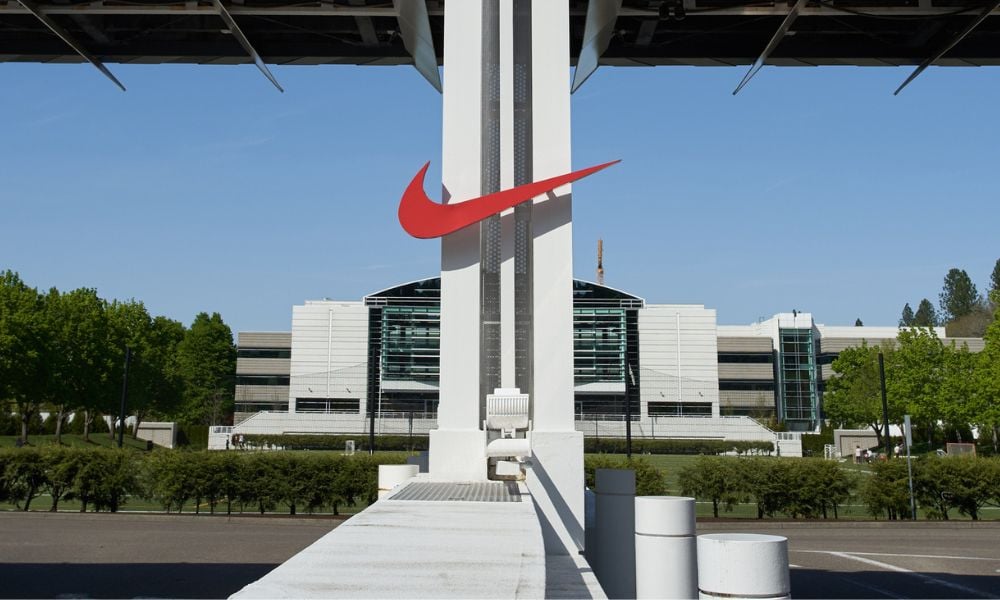A world-renowned law enforcement agencies is considering loosening its strict anti-drug policies in the face of a talent shortage. What can HR leaders learn from its reasoning?
If you’re working in law enforcement it’s hard to take a soft line on drugs, but that’s the proposal from one big name agency.
FBI Director James Comey said the agency may have to reconsider its zero-tolerance policy for marijuana use if it wants to effectively fight cyber crime.
To attract the best computer talent, the organization may have to accept that the top recruits aren’t willing to negotiate on their weekend recreational habits.
Congress has authorized the FBI to add 2,000 personnel to its rolls this year, and many of those new recruits will be assigned to tackle cyber crimes, a growing priority for the agency.
“I have to hire a great work force to compete with those cyber criminals and some of those kids want to smoke weed on the way to the interview,” Mr. Comey told the White Collar Crime Institute conference.
The agency was “grappling with the question right now” of amending the agency’s marijuana policies, which prohibits anyone who has smoked cannabis in the last three years from being considered for a position. Asked by a conference goer about a friend who had chosen not to apply because of this requirement, Comey said he “should go ahead and apply.”
The FBI director said the agency had “changed both our mindset and the way we do business.”
FBI Director James Comey said the agency may have to reconsider its zero-tolerance policy for marijuana use if it wants to effectively fight cyber crime.
To attract the best computer talent, the organization may have to accept that the top recruits aren’t willing to negotiate on their weekend recreational habits.
Congress has authorized the FBI to add 2,000 personnel to its rolls this year, and many of those new recruits will be assigned to tackle cyber crimes, a growing priority for the agency.
“I have to hire a great work force to compete with those cyber criminals and some of those kids want to smoke weed on the way to the interview,” Mr. Comey told the White Collar Crime Institute conference.
The agency was “grappling with the question right now” of amending the agency’s marijuana policies, which prohibits anyone who has smoked cannabis in the last three years from being considered for a position. Asked by a conference goer about a friend who had chosen not to apply because of this requirement, Comey said he “should go ahead and apply.”
The FBI director said the agency had “changed both our mindset and the way we do business.”





